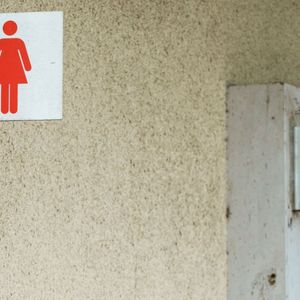The Los Angeles LGBT Center and 13 other leading HIV organizations urged the Centers for Disease Control and Prevention to investigate why gay and bisexual men seemed to be at a greater risk of exposure and transmission of Invasis Meningococcal Disease which can cause meningococcal meningitis.
“We’ve got to learn why gay and bisexual men seem to be at greater risk of IMD, what correlation there may be to someone’s HIV status and what should be done about it, including potential updates to the CDC’s vaccine recommendations,” Dr. Rober Bolan, medical director of the LA LGBT Center said in a press statement. “I’m pleased that the CDC has responded quickly to our letter and has contacted me to discuss next steps.”
The disease is a bacterial infection that causes the brain and spinal cord to become inflamed. If caught early, it can be treated effectively with antibiotics, but one in five people who develop meningococcal meningitis could have serious complications including brain damage or even death.
The disease is spread usually during the winter and spring by saliva or close quarters. Symptoms like fever, headaches, drowsiness, vomiting, and a stiff neck appear usually within three to four days of exposure. It is possible to get a vaccine for meningitis and those with HIV are encouraged to do so.
The letter came on the heels or a report that three cases of meningitis had developed in HIV-positive gay men in the last several weeks and were under investigation by New York City’s Health Department.
In addition to the cases in New York, there have been two outbreaks among gay men (one in New York City and the other in Chicago) in the last 10 years. There were 33 cases of IMD in Los Angeles last winter alone, 12 of which were in gay and bisexual men.
This means, according to the LA LGBT Center, that the “attack rate” of IMD is 16 times greater than expected for men who have sex with men. In the general population, IMD has been at an all-time low in the past 10 years.
“This issue also highlights the importance of tracking health data associated with sexual orientation and gender identity,” said Dr. Bolan. “Without that data, we may not be able to identify the disproportionate risks to LGBT people and in the case of meningitis, that lack of knowledge can have deadly consequences. Here in Los Angeles, the health department only began identifying the sexual orientation of people with IMD two years ago.”


















































































